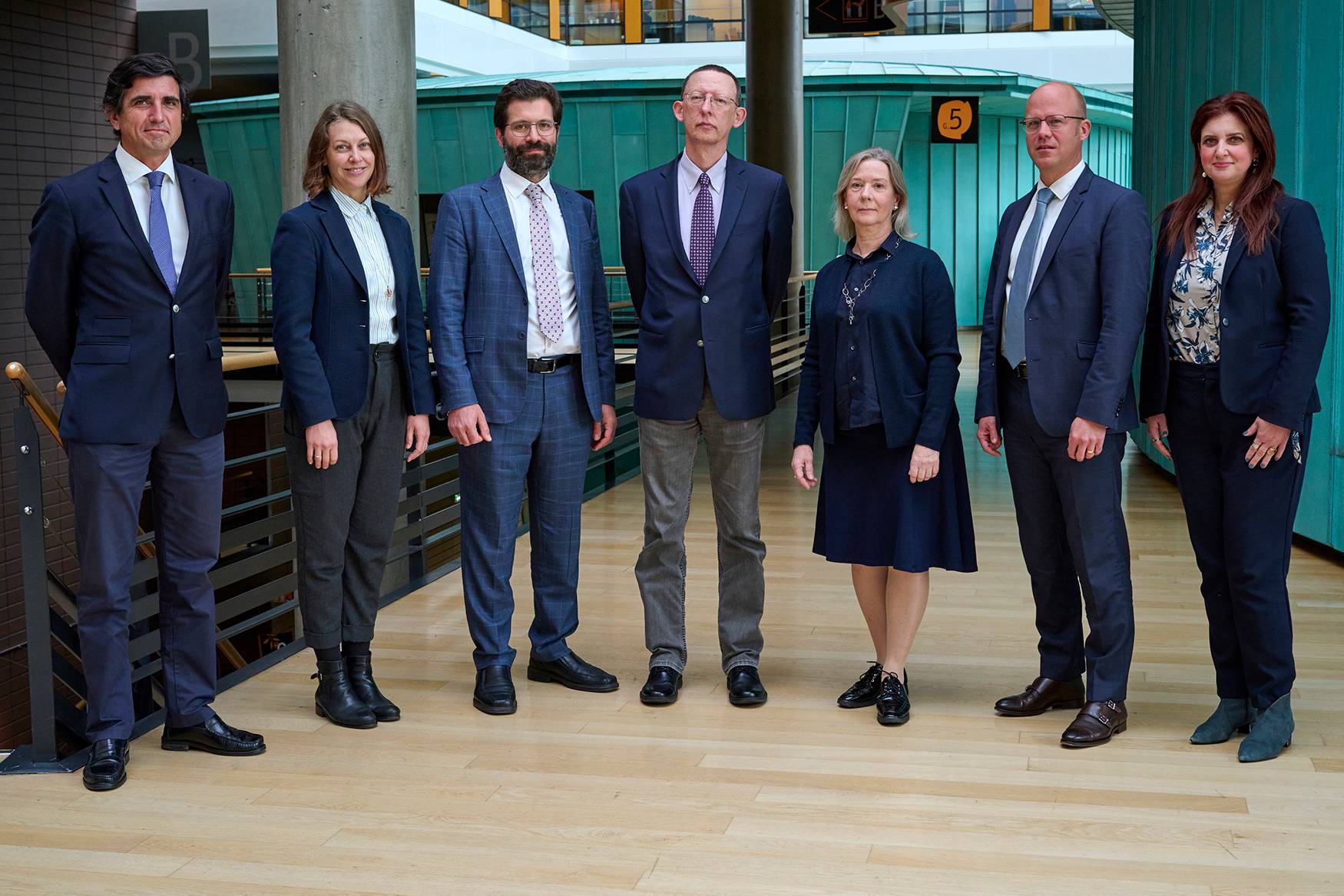The Council of Europe’s Group of States against Corruption (GRECO), in a report published today, calls for determined measures to prevent corruption in Italy in respect of persons with top executive functions (PTEFs), including the President of the Council of Ministers, ministers, undersecretaries of state, extraordinary and special commissioners, members of the offices of direct collaboration, as well as members of the State Police, the Carabinieri and the Guardia di Finanza.
In its evaluation report, GRECO notes that Italy has a sizeable legal framework dealing with the prevention and the fight against corruption, but that it is complicated to navigate, to the detriment of its efficiency. This is especially apparent in the regulation of conflicts of interest and financial disclosure, where different rules apply but do not cover all PTEFs adequately.
GRECO notes that there is no common integrity framework applicable to all PTEFs. A systemic analysis of integrity risks and a specific code of conduct should apply to all, complemented by proper guidance, dedicated awareness-raising and confidential counselling on ethical issues. In particular, rules and guidance on gifts, advantages and invitations, on contacts with lobbyists and on post-employment need to be strengthened. It is also important to ensure that all violations of applicable rules attract proper sanctions, which is not the case at present.
Turning to the State Police, the Carabinieri and the Guardia di Finanza, GRECO is concerned about the low representation of women, especially at managerial levels. All three forces have a robust system in place for the prevention and management of integrity risks. It could, however, be improved by introducing integrity checks in the context of transfers and promotions, as well as at regular intervals for the most exposed functions. The State Police does not have a dedicated code of conduct and the Carabinieri and the Guardia di Finanza need to complement their ethical rules by more practical guidance; all three forces also should introduce mechanisms for confidential counselling on integrity matters. Finally, dedicated awareness-raising activities should be organised for all staff on a regular basis on whistleblower protection measures.
The implementation of the 19 recommendations addressed to Italy will be assessed by GRECO in 2026 through its compliance procedure.
* unofficial translation, as provided by the authorities of Italy









